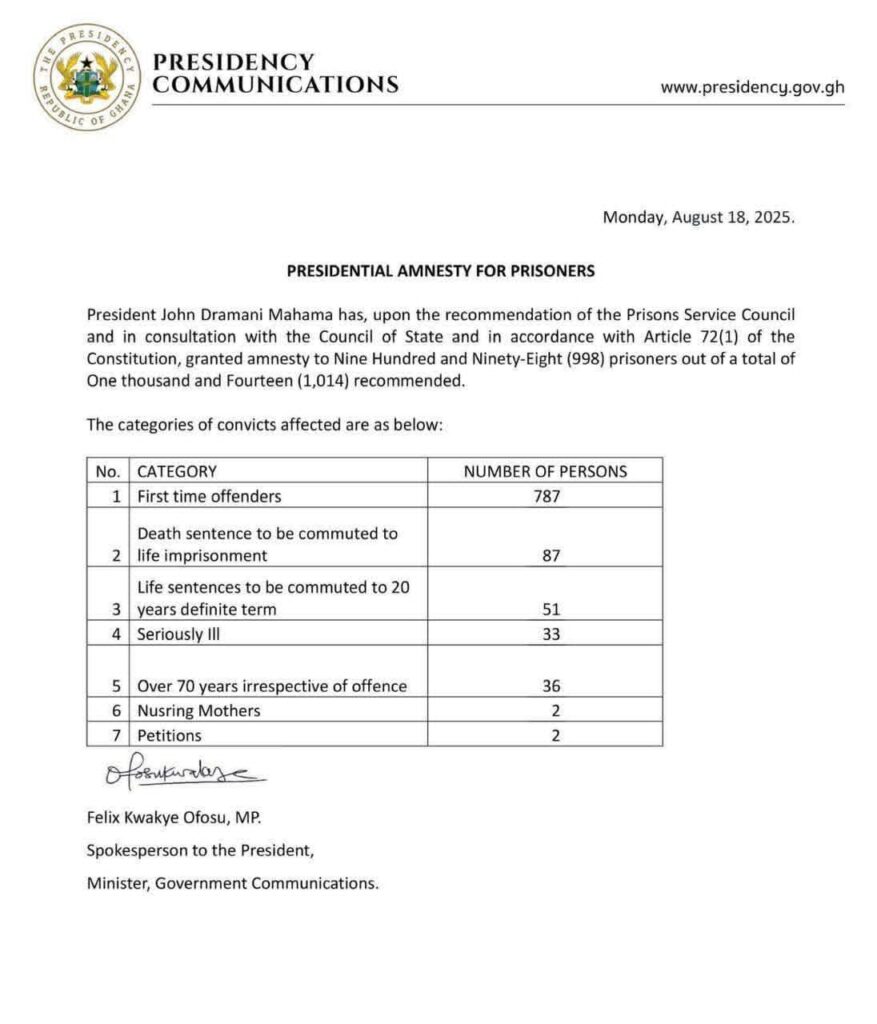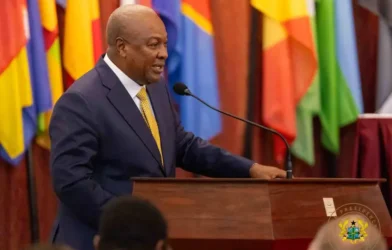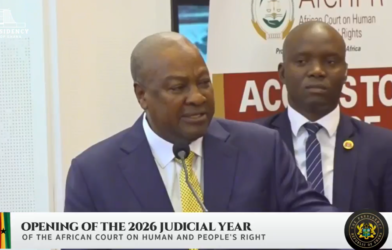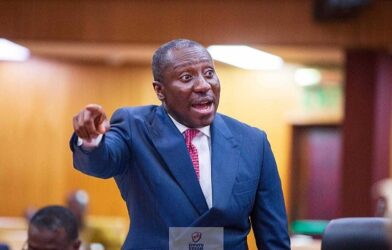The exercise, which falls under Article 72(1) of the 1992 Constitution, is aimed at decongesting the nation’s prisons and offering deserving inmates a second chance at life.
According to a statement from the Presidency, the amnesty covered a total of 998 convicts out of 1,014 cases recommended.
The categories of beneficiaries include first-time offenders, the seriously ill, elderly inmates, nursing mothers, and those serving severe sentences.
The breakdown indicates that 787 first-time offenders were released, while 87 convicts on death row had their sentences commuted to life imprisonment.
Additionally, 51 inmates serving life terms had their sentences reduced to a definite 20-year term.
The amnesty also extended to 33 seriously ill prisoners and 36 inmates over the age of 70, irrespective of their offences.
Furthermore, two nursing mothers and two convicts who appealed through petitions were also included in the exercise.
Government Communications Minister and Presidential Spokesperson, Felix Kwakye Ofosu, who issued the statement, emphasized that the decision was taken in line with humanitarian considerations and the constitutional mandate of the President.
The exercise reflects the President’s commitment to justice tempered with mercy, and it provides an opportunity for reformation and reintegration of the affected prisoners into society, the statement read.
This mass amnesty is expected to ease the pressure on Ghana’s overcrowded prisons while reaffirming the state’s responsibility to balance punishment with compassion.

Report By: Robicon Mornahson












